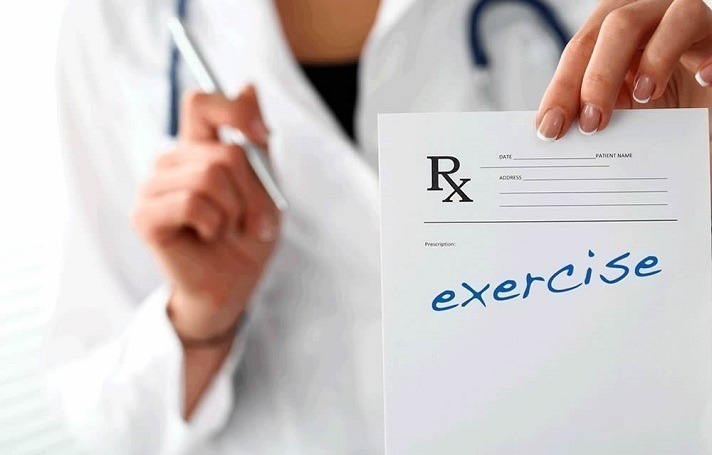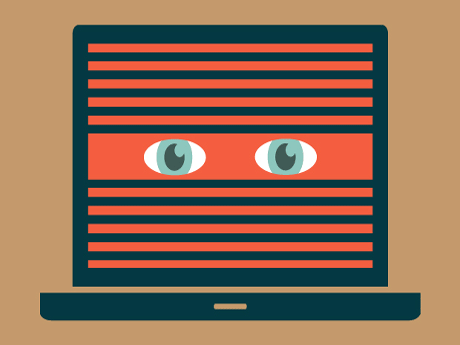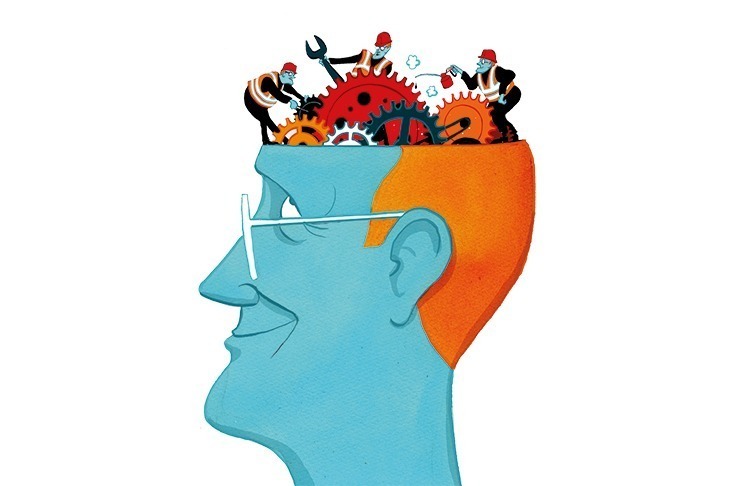Posts Tagged ‘Neuroethics’
Time for a universal “exercise prescription” for kids and adults to boost cognition and mental health?
Welcome to a new edition of SharpBrains e‑newsletter, featuring this time a range of brain research findings, tools and controversies plus some brain teasers to challenge your (and our) working memory. #1. Major evidence review supports an “exercise prescription” for most adults to boost mental health “Higher intensity physical activity was associated with greater improvements”…
Read MoreOn schools, mental health, digital surveillance, student privacy and parental input
Op-Ed: School surveillance on students’ laptops will not help solve the youth mental health crisis (Los Angeles Times): In the past year, school districts in California and elsewhere have contracted with digital surveillance companies to spy on students at school and home, citing the need for mental health support during the pandemic. Despite being a vigilant…
Read MoreStudies identify key ethical concerns raised by invasive and non-invasive neurotechnologies
Studies outline key ethical questions surrounding brain-computer interface tech (NCSU release): Brain-computer interface (BCI) technologies are no longer hypothetical, yet there are fundamental aspects of the technology that remain unaddressed by both ethicists and policy-makers. Two new papers address these issues by outlining the outstanding ethical issues, offering guidance for addressing those issues, and offering…
Read MoreLessons from Covid-19: Could a New Normal lead to better brains, bodies and societies?
__ In the age of Covid-19, what is the new normal? How many of us have been experiencing the heady cocktail of confusion, anxiety, and even some surprising moments of respite from our recent-past busy rise-and-grind, hustle culture routines? Our social media feeds are filled with urgent and often conflicting imperatives to change our routines…
Read MoreWill better neurotech regulations be enough to address privacy, effectiveness and potential harm concerns?
How to address privacy, ethical and regulatory issues: Examples in cognitive enhancement, depression and ADHD from SharpBrains See above the fascinating presentations by Dr. Anna Wexler, Dr. Karen Rommelfanger and Jacqueline Studer on privacy and ethics during the 2019 SharpBrains Virtual Summit. We still lack clear standards and taxonomies for neurotechnology but several initiatives are…
Read MoreLet’s anticipate the potential misuse of neurological data to minimize the risks–and maximize the benefits
__ The perils of opening the mind (Boston Globe): “Forget the joystick. Today you can use your mind alone to navigate virtual environments or fly real-world drones. You can buy sleek headbands that read your brain signals and help you meditate or stay focused. Or you can get them for your kids to make sure…
Read More





